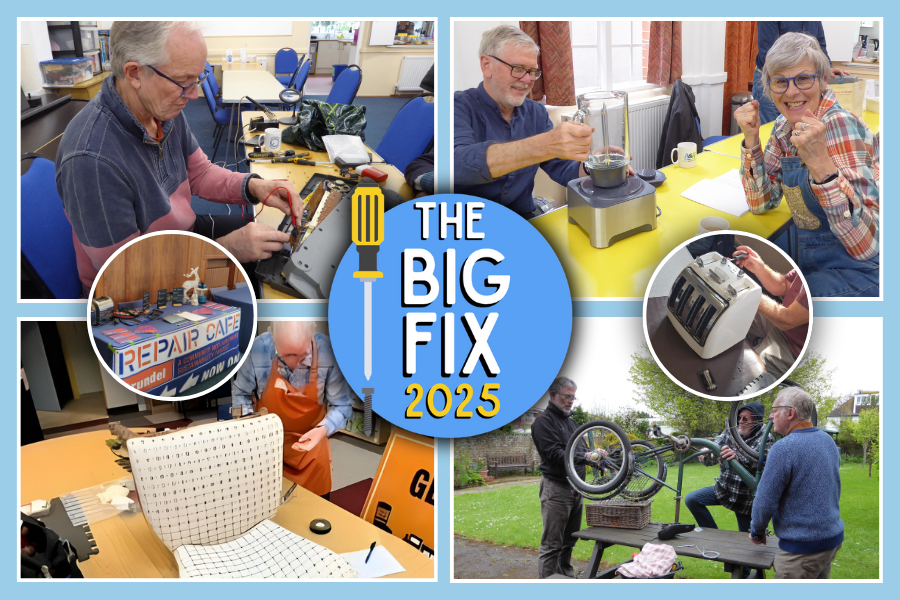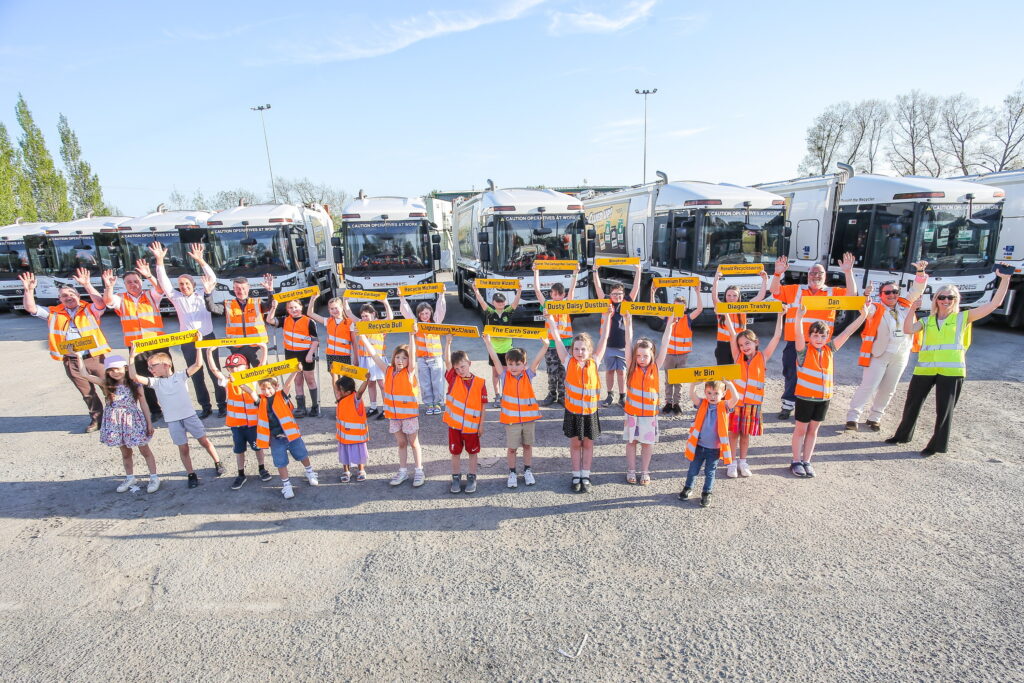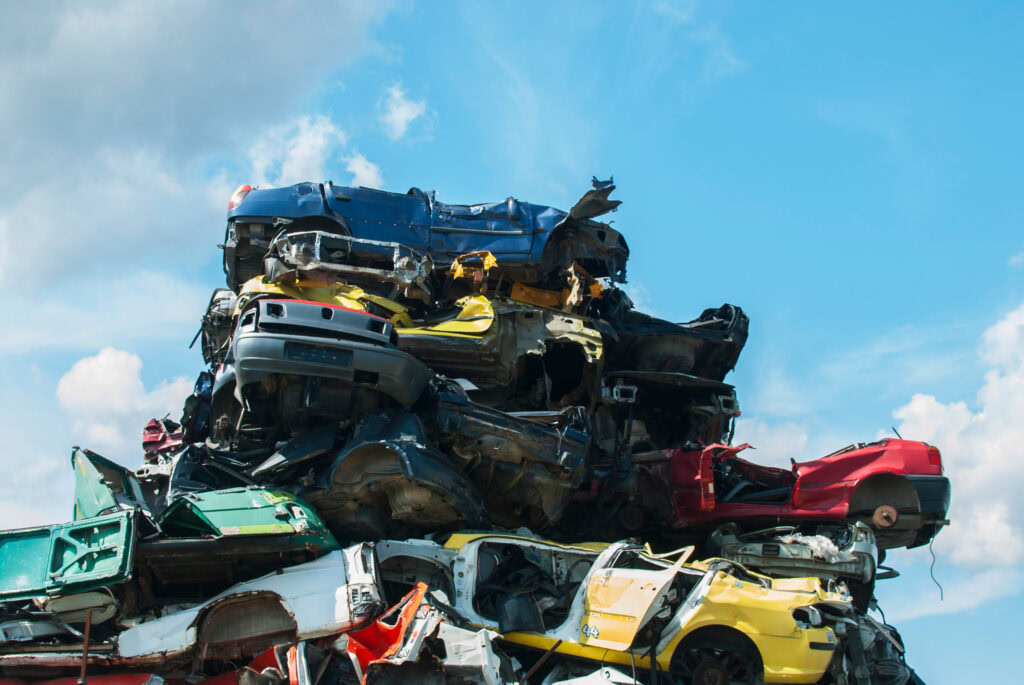South Cambridgeshire district council has saved 305,000 in the first six months of a new collection service, which saw it move from a kerbside box to a 240 litre wheeled bin.
The local authority moved away from a 55 litre box system to a twin-stream collection system in October 2010 and says it has made good strides towards its goal of saving 400,000-a-year over the first three years of the new service.

Compared with the old service, the council saved 305,000 in the first six months (October 2010-March 2011). In addition, savings of a further 10,000 per month have been made since the start of the 2011/12 financial year.
The council opted to adopt wheeled bins as a means of increasing the yield of recyclable material collected and to make it easier for residents to participate in kerbside recycling.
In addition to switching from boxes to bins, South Cambridgeshire also expanded the range of material that can be collected at the kerbside, adding in mixed plastics, plastic film and Tetra Paks.
Residents were also issued with a separate bag to recycle household batteries and told to place cardboard in the blue wheeled bin, instead of in with garden and food waste in the green wheeled bin.
The dry recycling system is technically twin stream, as the wheeled bin has a separate caddy that can be hooked in the top of the bin which is designed to hold paper material.This is to keep the paper separate from the other materials and to retain its value.
And, according to a survey of 2,000 residents carried out by the council earlier this year, the switch to a wheeled bin has been met very favourably.
Councillor Sue Ellington, Environmental Services Portfolio Holder said This is excellent news, we provide one of the most comprehensive recycling services in the country, and 91% of our residents feel that the introduction of the blue bin has further improved the service.
Praise
Cllr Ellington praised the work of residents to embrace the system and said that material contamination in the dry recycling was currently just 2%. However, she added that more work needed to be done, particularly around food waste.
There is still more that we can do to achieve a higher recycling rate, for example its estimated that 84% of all food waste is still going in the black bin this should go in the green bin so that it can be composted, and 10% of paper is still going in the black bin when it should go into the paper caddy, said Cllr Ellington.
The council operates an alternate weekly collection system, with residual waste being collected on different weeks to dry recycling and organic waste. Dry recycling is sorted by Biffa at its Edmonton materials recycling facility (MRF).
South Cambridegshire intends to send its material to a 100,000 tonne-a-year capactity MRF at Waterbeach, which currently has planning consent.








Subscribe for free